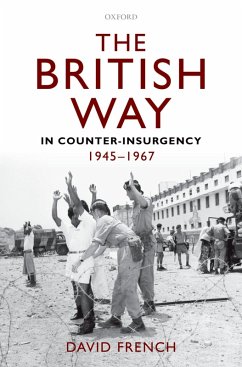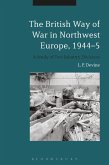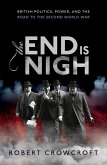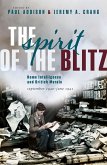The claim by the Ministry of Defence in 2001 that 'the experience of numerous small wars has provided the British Army with a unique insight into this demanding form of conflict' unravelled spectacularly in Iraq and Afghanistan. One important reason for that, David French suggests, was because contemporary British counter-insurgency doctrine was based upon a serious misreading of the past. Until now, many observers believed that during the wars of decolonisation in the two decades after 1945, the British had discovered how western liberal notions of right and wrong could be made compatible with the imperatives of waging war amongst the people, that force could be used effectively but with care, and that a more just and prosperous society could emerge from these struggles. By using only the minimum necessary force, and doing so with the utmost discrimination, the British were able to win by securing the 'hearts and minds' of the people. But this was a serious distortion of actual British practice on the ground. David French's main contention is that the British hid their use of naked force behind a carefully constructed veneer of legality. In reality, they commonly used wholesale coercion, including cordon and search operations, mass detention without trial, forcible population resettlement, and the creation of free-fire zones to intimidate and lock-down the civilian population. The British waged their counter-insurgency campaigns by being nasty, not nice, to the people. The British Way in Counter-Insurgency is a seminal reassessment of the historical foundation of British counter doctrine and practice.
Dieser Download kann aus rechtlichen Gründen nur mit Rechnungsadresse in A, B, BG, CY, CZ, D, DK, EW, E, FIN, F, GR, HR, H, IRL, I, LT, L, LR, M, NL, PL, P, R, S, SLO, SK ausgeliefert werden.









